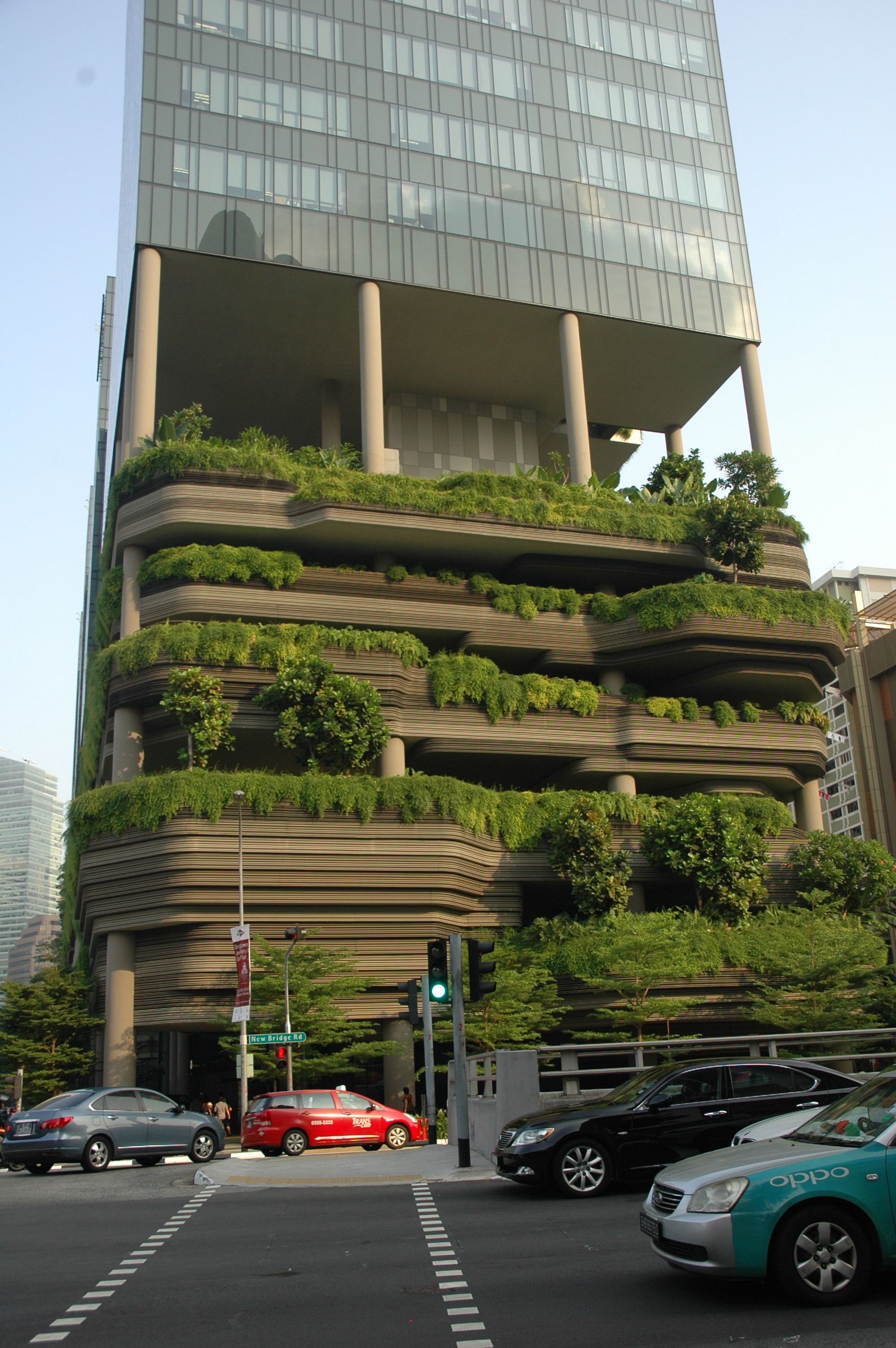2018 ANNUAL REPORT
Connecting Cities and Nature.
Biophilic Cities partners with cities, scholars, and advocates from across the globe to build an understanding of the value of nature in cities to the lives of urban residents. At the center of our work is a global collaboration of partner cities committed to working in concert to conserve and celebrate nature in all its forms and the many important ways in which cities and their inhabitants benefit from the biodiversity and wild urban spaces present in cities. Biophilic Cities acknowledges the importance of daily contact with nature as an element of a meaningful urban life, as well as the ethical responsibility that cities have to conserve global nature as shared habitat for non-human life and people.









